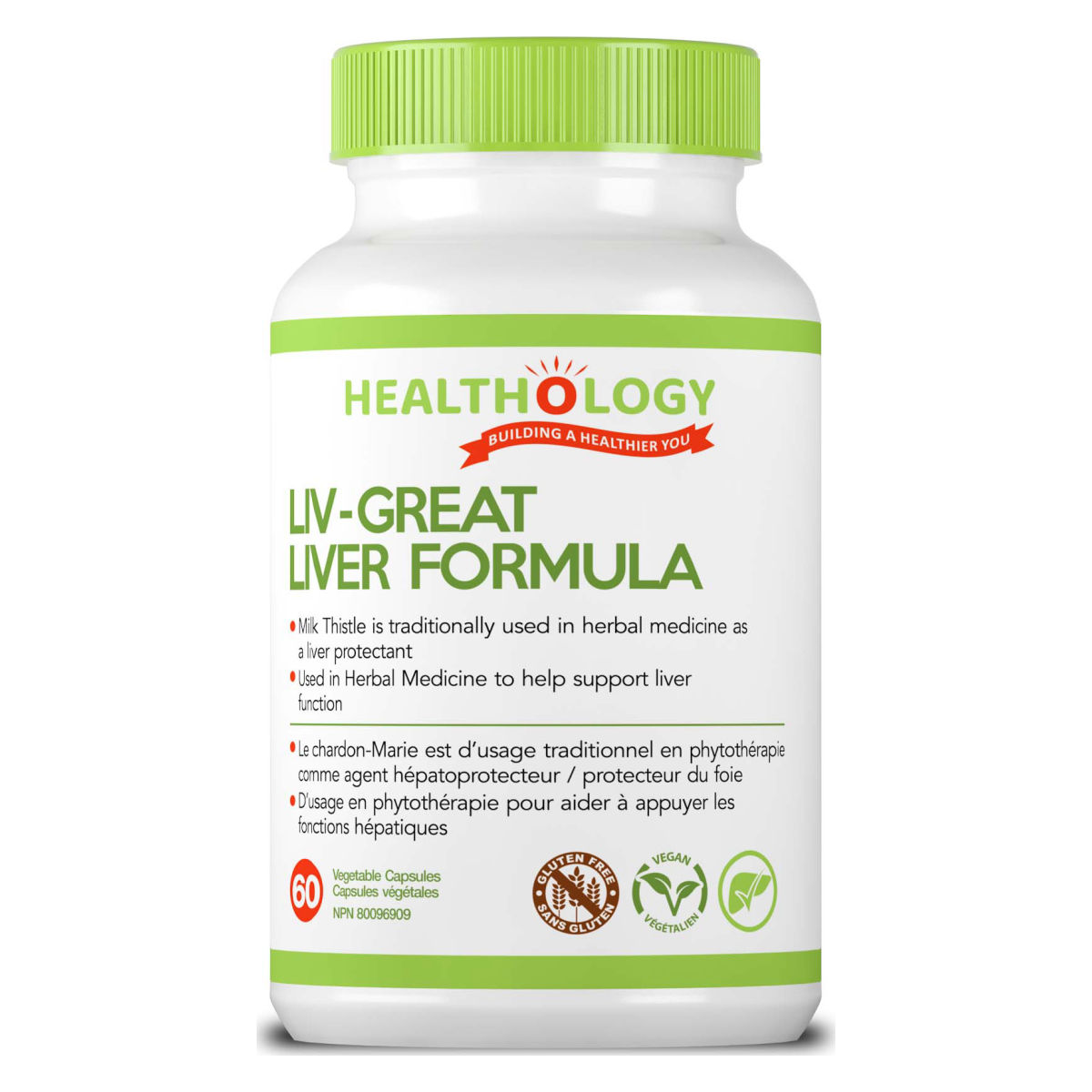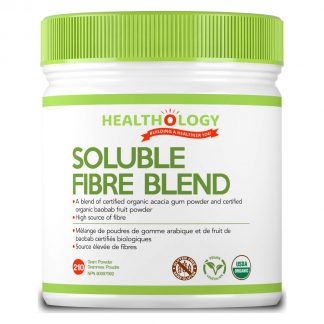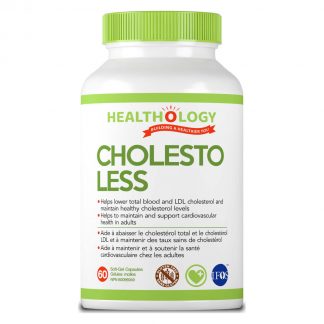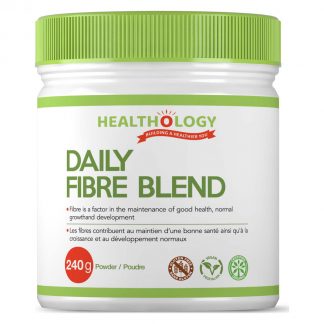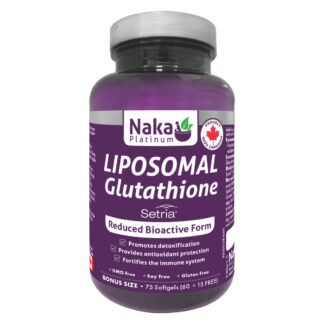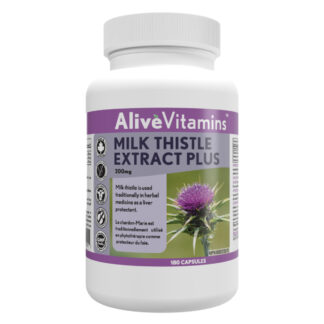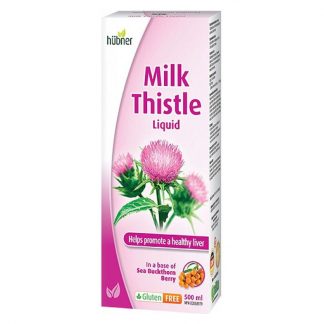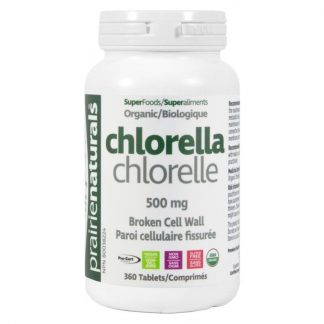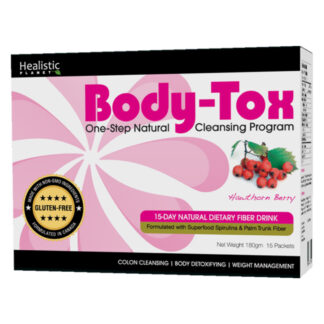The liver is our most important detoxifying organ. It is masterful at identifying toxins and neutralizing them so that they can be safely excreted from the body. Toxins include chemicals, food additives, alcohol, caffeine, and medications. The liver is also responsible for detoxing our hormones and end-products of metabolism. It also stores glucose for energy production and produces bile to help us break down and digest fatty foods.
There are two phases of liver detoxification, and each requires vitamins, proteins, and minerals to work effectively. In Phase 1, enzymes called Cytochromes add an oxygen molecule to the toxin, which prepares it to enter Phase 2. This is called oxidation, and it actually makes the toxin MORE harmful to the body. It’s a “take one step back to take two steps forward” type of process. In Phase 2, we deactivate the toxin through a process called conjugation. This neutralizes the toxin so that it can be excreted safely by the colon or bladder.
In some people, one phase or both phases of liver detoxification are sluggish. This is especially damaging when Phase 1 is working more quickly than Phase 2 because we get a build-up of oxidized toxins that are harmful to the body. Sluggish liver detoxification can be caused by genetic deficiencies, nutrients missing from the diet, or a high toxic burden from alcohol, medication use, or exposures to toxins in the environment.


